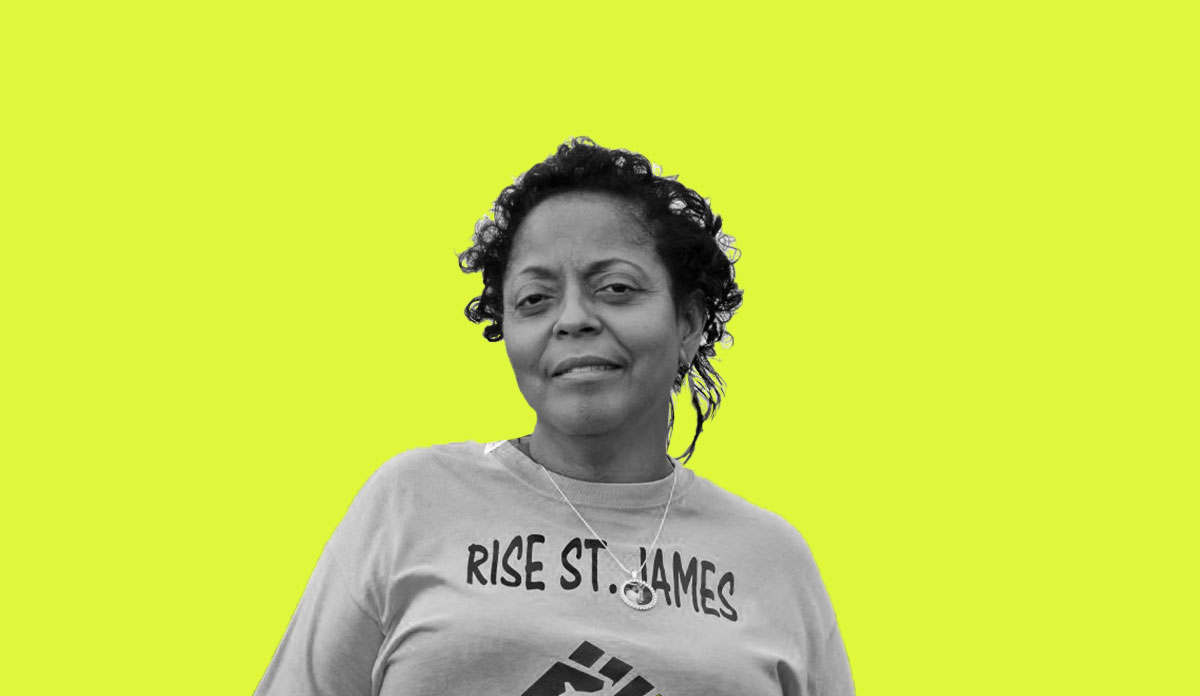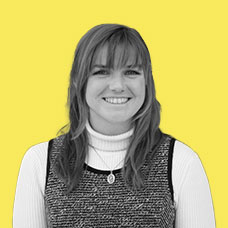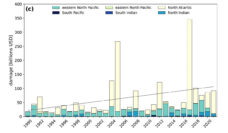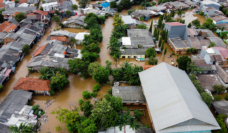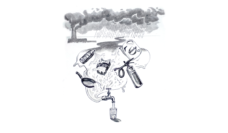In Louisiana, there’s an 85-mile stretch of land between the two biggest cities, Baton Rouge and New Orleans, that’s known for its over 150 petrochemical plants. These factories account for 25% of the petrochemical production in the United States. The cancer rates within this part of Louisiana are 44% higher than the national average. The difference is attributed to toxic chemicals in the air and soil. Locals and the media call the area Cancer Alley.
Sharon Lavigne is the director and founder of Rise St. James, an environmental advocacy organization in St. James parish in Cancer Alley. She started Rise St. James in 2018 when the building of the Formosa Plastics plant was announced by the governor. This factory would be built two miles from Lavigne’s home. “And that’s when I started the fight,” Lavigne says.
Lavigne, when asked about the difficulty in standing up against a multi-million dollar plastics company, reflects, “At the time when I stood up to Formosa, I didn’t realize that they were Goliath and I was David. Once I did, I kept saying, ‘David is going to win.’ In the Bible, David took that slingshot and Goliath fell. That’s what we did with Formosa.” Sharon Lavigne and Rise St. James halted the construction of Formosa Plastics.
“Your health is worth the most. Your health is your wealth.”
However, it wasn’t the Stop Formosa Campaign that brought Lavigne’s attention to Cancer Alley. “Before I started doing this work,” Lavigne states, “I didn’t know we had so many industries within a 10-mile radius of my neighborhood. I didn’t know people were dying because of the [petrochemical] industry. I knew they were dying at a rapid rate. I didn’t know they all had cancer. We had a funeral sometimes once per week, sometimes two per week, and at one point we were having three deaths a week.”
Lavigne started reading about the issue and talking to people from out-of-state. Now, she makes it her mission to educate her community on petrochemicals and fight against the expansion and protection of industry.
Lavigne hosts a “Chemical of the Month” event for her neighbors to learn more about the toxins going into their environment. She also started Rise St. James University, a 5-week online program about the responsibility of local government for anyone who wants to sign up.
Despite the efforts of Lavigne and Rise St. James, there is little to no awareness about chemical runoff and its contamination of the Mississippi River. Lavigne talks about a friend who died of throat cancer, “When my neighbor would go fishing, he would say, ‘Well Sharon just cut the belly out.’ The belly was just like jelly. I said, ‘Boy, I ain’t eating that fish. You can eat it if you want to eat.’ He ate it. He died with cancer too.” Lavigne says the industry in St. James dumps benzene into the river, ruining the fish and shrimp populations. There needs to be more awareness about the risks of consuming local catch.
“I’ve been living in this filth for 55 years not knowing I was living in the Cancer Alley bubble,” Lavigne says. “I will educate the public because they don’t know like I didn’t know. We have NuCor. We have NuStar. We are watching them real close. We got rid of South Louisiana Methanol plant,” Lavigne says. “Let’s have no industry here. We are not your dumping ground. This is our home.”
Lavigne wants to see people come back and rebuild St. James. “I would like for us to have clean water and clean air and to make a garden again.” Lavigne remembers days before she lived in Cancer Alley, “You could get up and take a deep breath of clean air. You can’t do that anymore.”
Anyone can help fight off Goliath companies from the damage and destruction they are causing in south Louisiana. Lavigne reminds us that being able to live without bodily harm is a human right. “Your health is worth the most,” she says. “Your health is your wealth.”
This article is part of a series on Louisiana and the environmental health issues residents face.
Photo provided









